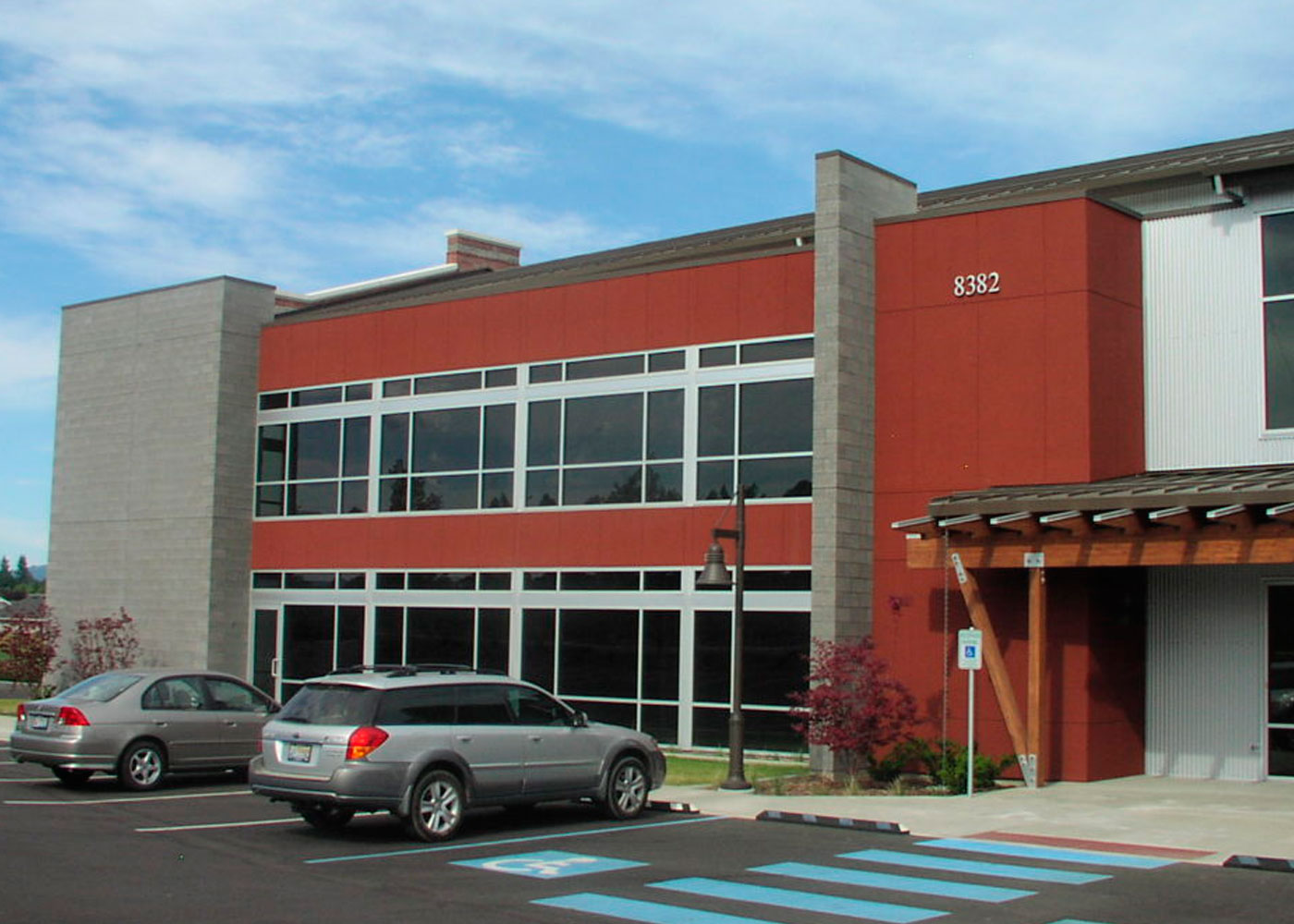IRC Section 1031: Tax deferral on the sale of a property used in a trade or business or held for investment when exchanged for like-kind replacement property.
Section 1031 allows taxpayers holding property for investment purposes to potentially defer all taxes that would otherwise be incurred upon the sale of investment property.
1031 Exchange: Defer all capital gain taxes with a fully deferred exchange or receive some “boot” through a partially deferred exchange. Redeploy equity that would have been used to pay capital gain taxes into the purchase larger replacement property or properties.
“No gain or loss shall be recognized on the exchange of property held for productive use in a trade or business or for investment if such property is exchanged solely for property of like-kind which is to be held either for productive use in a trade or business or for investment.”
Capital Gains Tax:
Investors owe Federal capital gain taxes on their economic gain depending upon their taxable income.
A 20% has been added to the tax code for investors exceeding the $400,000 taxable income threshold for single filers and married couples filing jointly with over $450,000.
The capital gain tax rate of 15% remains for investors below these threshold income amounts.
- 20% capital gain tax rate for high earners
- 8% “Net investment income tax” (NIIT) pursuant to IRC Section 1411
- Capital gain taxation now includes 4 components:
- Taxation on depreciation recapture at 25% – plus
- Federal capital gain taxes at 20% (or 15%) –plus
- 8% tax on net investment income – plus
- The applicable state tax rate (0% – 13.3%)
Like Kind Exchange:
What Property is Excluded?
- Principal Residence
- Property Held for Sale / Dealer Property
Qualifying Real Property
- Any real property held for productive use in a trade or business or investment = real property held for productive use in a trade or business or investment
Like Kind Exchange:
For full tax deferral, a taxpayer must meet two requirements:
- Reinvest all net exchange proceeds
- Acquire property with the same or greater debt.
What is a Boot? (in 1031 exchange, obviously)..
The term boot refers to non-like-kind property received in an exchange. Usually boot is in the form of cash, an installment note, debt relief or personal property and is valued to be the “fair market value” of the non-like-kind property received.
| Relinquished | Replacement | Boot | |
| Value | $900,000 | $1,200,000 | |
| – Debt | $300,000 | $660,000 | $ 0 |
| – Cost of Sale | $60,000 | ||
| Net Equity | $540,000 | $540,000 | $ 0 |
Exchange with Boot
| Relinquished | Replacement | Boot | |
| Value | $900,000 | $700,000 | |
| – Debt | $300,000 | $260,000 | $ 40,000 |
| – Cost of Sale | $60,000 | ||
| Net Equity | $540,000 | $440,000 | $ 100,000 |
| Total Boot | $ 140,000 |
The taxpayer acquired property of a lower value, keeps $100,000 of the net equity and acquired a replacement property with $40,000 less debt. Analysis: This results in a total of $140,000 in boot.
($40,000 mortgage boot and $100,000 in cash boot = $140,000 total boot)
Have questions about how you should proceed with your sale or purchase of commercial property?



